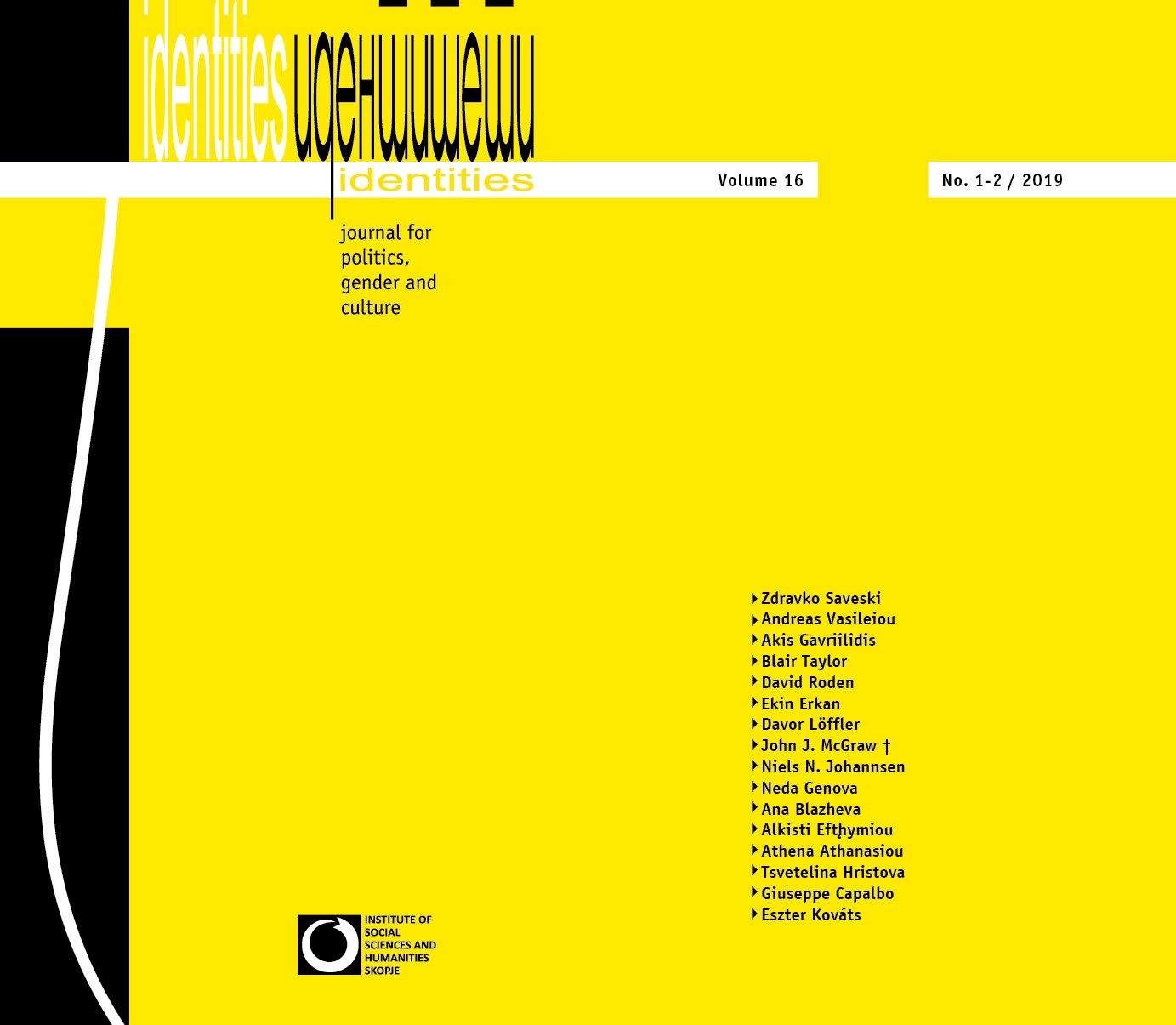Weapons in and as History: On the Ontogenerative Function of Materialized Preemption and Intelligence in Weapons Technology
DOI:
https://doi.org/10.51151/identities.v16i1-2.373Keywords:
weapons technology, cultural evolution, cumulative culture, emergence, civilizational history, intelligence, cognitive evolution, preemption, temporality, military history, history of ideas, hominization, co-evolutionAbstract
Weapons technology is a key factor contributing to cultural evolution because it enables humans actively to protect themselves from a variety of natural threats and expand their access to resources. In contrast to non-military technologies, the purpose of which is to subordinate and shape inanimate, non-intentional or trivial, regular states, weapons primarily serve to assert one’s own will against self-determined, intentional and non-trivially acting organisms. This functional idiosyncrasy establishes the basis for a continuous arms race, which begins with the need to anticipate phenotypical and mental abilities of animals and other humans through weapons technology before leading to the anticipation of attack and defence capacities of groups and, ultimately, the anticipation of accumulated intelligence and productive accomplishments of entire political states. The dynamics of development in weapons technology prove that weapons are simultaneously an index and a motor of cultural and cognitive evolution. Weapons reflect the organizational and technical capabilities of cultures, indicating special cognitive capacities bound up with the abstract anticipation of enemies as well as the ability to produce mental models of complex adversarial entities. At the same time, weapons relay intercultural and internal selection pressures by playing a decisive role in the processes of general technological and organizational innovation. This innovation also influences the formation of practices, norms, motives and self-images. As such, weapons technology concretizes an integral principle governing cultural evolution and civilizational history.
Author(s): Davor Löffler, John J. McGraw and Niels N. Johannsen
Title (English): Weapons in and as History: On the Ontogenerative Function of Materialized Preemption and Intelligence in Weapons Technology
Journal Reference: Identities: Journal for Politics, Gender and Culture, Vol. 16, No. 1-2 (Summer - Winter 2019)
Publisher: Institute of Social Sciences and Humanities - Skopje
Page Range: 68-77
Page Count: 10
Citation (English): Davor Löffler, John J. McGraw and Niels N. Johannsen, “Weapons in and as History: On the Ontogenerative Function of Materialized Preemption and Intelligence in Weapons Technology,” Identities: Journal for Politics, Gender and Culture, Vol. 16, No. 1-2 (Summer - Winter 2019): 68-77.

Downloads
Published
How to Cite
Issue
Section
License
Identities is published under the following license: Creative Commons Attribution-NonCommercial-NoDerivatives 4.0 International (CC BY-NC-ND 4.0). Under this license, users of our content must give appropriate credit to authors and source as well as indicate if changes were made, cannot be used for commercial purposes, and, in the instance that it is built upon or transformed, may not be distributed. For Identities, the copyrights allow the audience to download, reprint, quote in length and/or copy articles published by Identities so long as the authors and source are cited. For more information on our license, see the following: https://creativecommons.org/licenses/by-nc-nd/4.0.








